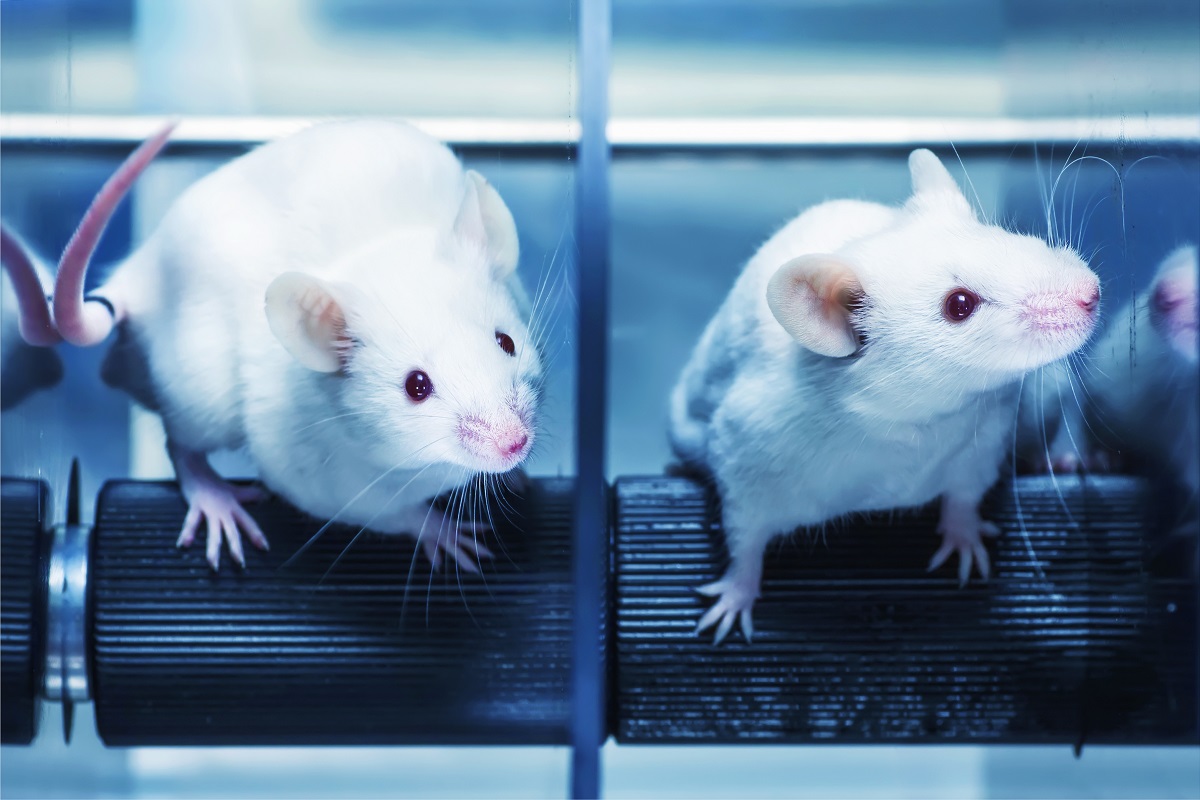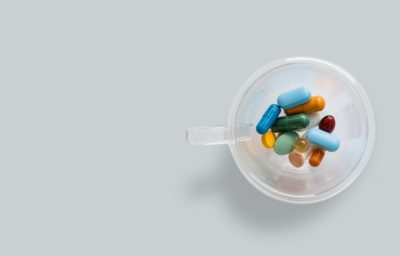Whether you are visiting this website because you care about animals or about health, it’s logical that you’ll also have an interest in animal testing. It’s an issue with interesting parallels to the evolving view of meat consumption. Just as a well-balanced plant-based diet is now widely recognised to be better for our own health, as well as for the planet and obviously, for animals, so it is with animal testing.

Far from jeopardising medical progress by avoiding the use of animals, a shift to advanced technologies, with a human focus, would accelerate biomedical research and deliver safer medicines, as well as better protection from toxic chemicals for us and our environment.
Science is proving that, in fact, there is no ethical dilemma between the interests of humans and those of animals. If we want to win over doubters and those who defend the status quo, we must show that the changes we seek will benefit all of us and that fears of disadvantaging ourselves are unfounded. I believe strongly that this is where all our efforts should be focused in order to hasten change. Change is hard for some to accept but it is inevitable. Nothing is more powerful than an idea whose time has come.
There are, of course, many obstacles to change. Inertia is a powerful force. Scientists are sceptical by nature but once they have accepted an idea, they are very reluctant to abandon it. As Dr James Watson, co-discoverer of the structure of DNA, observed:
“The fact is that most scientists act as though they are stupid because they are wedded to some approach they can’t change, meaning they are moving sideways or backwards.”
Clearly, he is not saying that scientists are stupid, rather that they are often too conservative. It takes a lot of evidence to change their long-held beliefs.
With respect to the safety testing of medicines, there is now so much evidence of the failings of animal tests and the superior capabilities of many newer technologies that a belief in the indispensability of animal tests is no longer tenable. We have reached the cusp of a transition from predominantly animal-based tests to predominantly non-animal-based tests. This momentous point has been a long time coming. Now that it has finally arrived, what can we do to nudge the situation past the tipping point? I believe that at this crucial moment, it is important to consider what has brought us to this point and how best to accelerate such a critical transition.
Read part two here.









